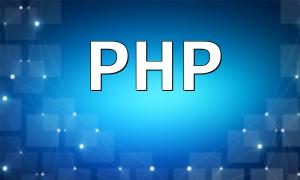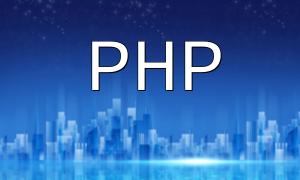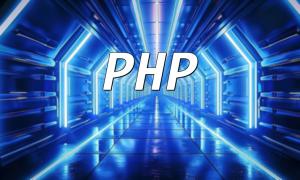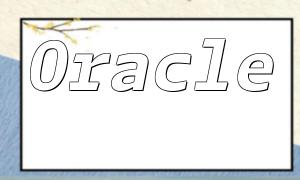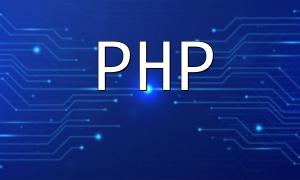PHP is a widely used scripting language for developing web applications. With continuous updates to PHP, developers need to update their PHP versions to enjoy new features and performance improvements. However, updating the PHP version may lead to incompatibilities with existing code. This article will introduce best practices for updating your PHP version and provide code examples to help maintain compatibility from PHP5.6 to PHP7.4.
Before updating PHP, you need to check whether your existing code is compatible with the new version. The official PHP tools can help you analyze and fix potential issues in your code. For example, you can use the php -l command to check for syntax errors, use phpcs to check code standards, and use phpmd to check code maintainability. With the support of these tools, you can find and fix common issues such as deprecated functions, methods, and outdated syntax.
Jumping directly to the latest PHP version may cause numerous issues. Therefore, it is recommended to update your PHP version gradually, upgrading to intermediate versions one at a time. For example, if your code is based on PHP5.6, you can first update it to PHP7.0, then PHP7.1, and so on, until you reach the latest version. The benefit of this approach is that you can address potential issues arising from syntax changes and feature modifications step by step.
While updating the PHP version, you can use compatibility extensions to ensure code compatibility. PHP provides several compatibility extensions that help maintain compatibility for older code in newer versions. For example, you can use the mysql extension instead of the mysqli extension or use the json_decode_array function instead of json_decode. With these compatibility extensions, you can port older code to newer PHP versions with minimal modifications.
Here is a code example demonstrating how to ensure compatibility between PHP5.6 and PHP7.4 for a simple database connection function:
function connect_database() {<br> if(version_compare(phpversion(), '7.0', '<')) {<br> $conn = mysql_connect('localhost', 'username', 'password');<br> } else {<br> $conn = mysqli_connect('localhost', 'username', 'password');<br> }<br> return $conn;<br>}In the above example, we use the version_compare function to check whether the PHP version is less than 7.0. If it is, we use the mysql_connect function to connect to the database. Otherwise, we use the mysqli_connect function. This way, we can successfully connect to the database in different PHP versions.
Updating the PHP version is an important task that allows your application to benefit from new features and performance improvements. However, updating PHP versions may lead to incompatibility with existing code. By using the best practices and compatibility tools mentioned above, you can maintain compatibility from PHP5.6 to PHP7.4 and ensure a smooth transition. Remember to back up your code regularly and perform thorough testing during the update process to ensure system stability.

